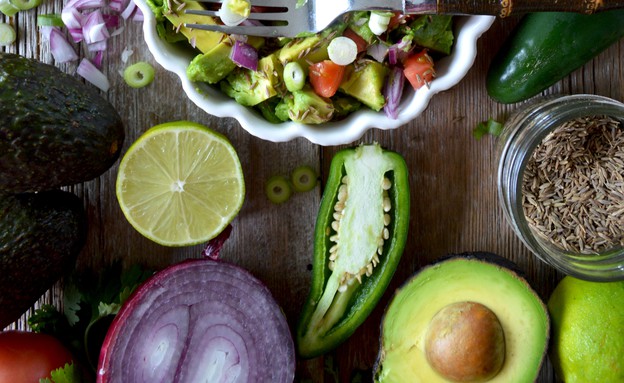How can you protect your eyes using a diet?
It turns out that there is something to do to contribute actively to eye health. Oxidized antioxidants are fighting free radicals and preventing retinal damage, cataract development and radiation damage, so they are recommended for the general population. Here are some ideas for foods that should be incorporated into the menu regularly.
Omega 3 fatty -rich foods: This acid is for example in cold water fish, algae, flax and chia seeds and walnuts.
Vitamin C: Found in citrus fruits (such as orange, grapefruit, lemon), hotel, kiwi, strawberry, berries, lychee, mango, papaya, pineapple, watermelon; And in vegetables such as pepper, broccoli, buds, cauliflower, vast and tomato green vegetables.
vitamin E: Especially in almonds, hazelnuts, Brazil nuts, peanuts, sunflower and avocado seeds and most common oils, such as olive oil, canola oil, soy oil and corn oil.
Beta Carroten: In orange vegetables – pumpkin, sweet potato, as well as green leafy vegetables, seaweed, fruits such as apricot, hotel, papaya, apple, peach.
zinc: Meat, eggs, legumes, nuts, seeds, whole grains and nuts.
copper: Liver and internal organs, seafood, nuts, cocoa, corn, legumes, seeds and sprouts.
In summary: Mediterranean nutrition, rich in vegetables and fruits, legumes, nuts and sea fish help maintain eye health.
The writer is Meital Levy, National Clinical Dietitian Health Services
